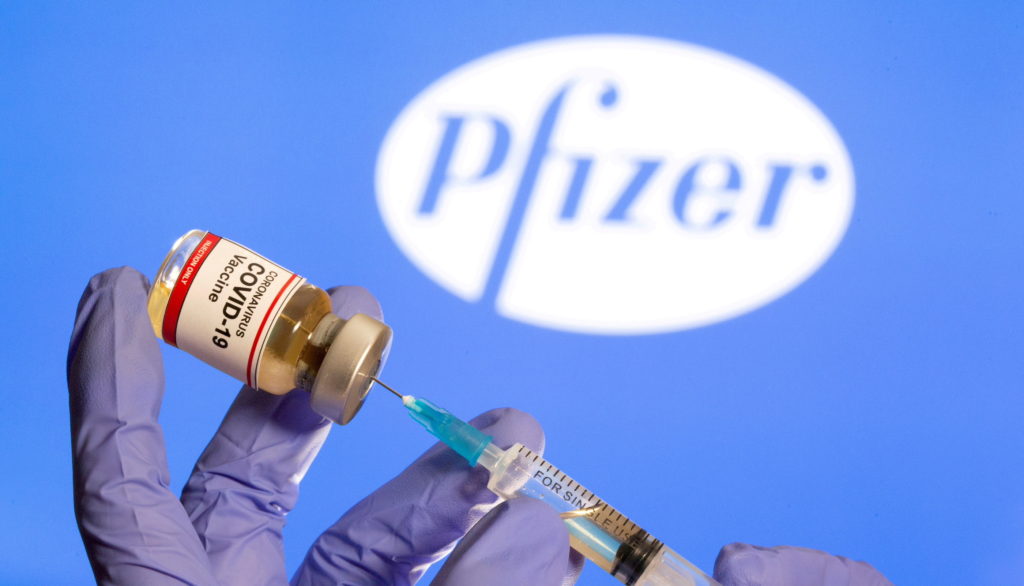The director of the C.D.C said Friday there may be a need to “update our definition of fully vaccinated in the future” as more people receive a booster shot.
“Right now, we don’t have booster eligibility for all people, currently, we have not yet changed the definition of fully vaccinated,” Dr. Rochelle Walensky said during a White House COVID briefing.
Watch the briefing in the live player above.
Currently, the CDC says people still are considered fully vaccinated starting two weeks after the second dose of the Moderna or Pfizer vaccines, or the single-dose J&J shot.
READ MORE: FDA approves mixing COVID vaccines
“So even after you boost, it remains important for us to remain smart about our prevention strategies,” Walensky said.
“We still have over 93% of our counties with high or moderate community transmission, currently around 64 million Americans remain unvaccinated, leaving themselves and their children, their families, their loved ones and communities vulnerable.”
Millions more Americans are now eligible for COVID-19 boosters, and they can get a different vaccine than their first shots.
A number of factors, including the vaccine you started with and when your last dose was, help determine when you qualify, according to recommendations issued Thursday by the Centers for Disease Control and Prevention.
WATCH: CDC advisory panel approves Moderna and J&J boosters, supports mixing shots
If you started with Pfizer or Moderna and are older than 65 or otherwise at higher risk of infection, you can get a booster after six months. If you started with Johnson & Johnson, you can get a booster after two months, no matter your age.













































